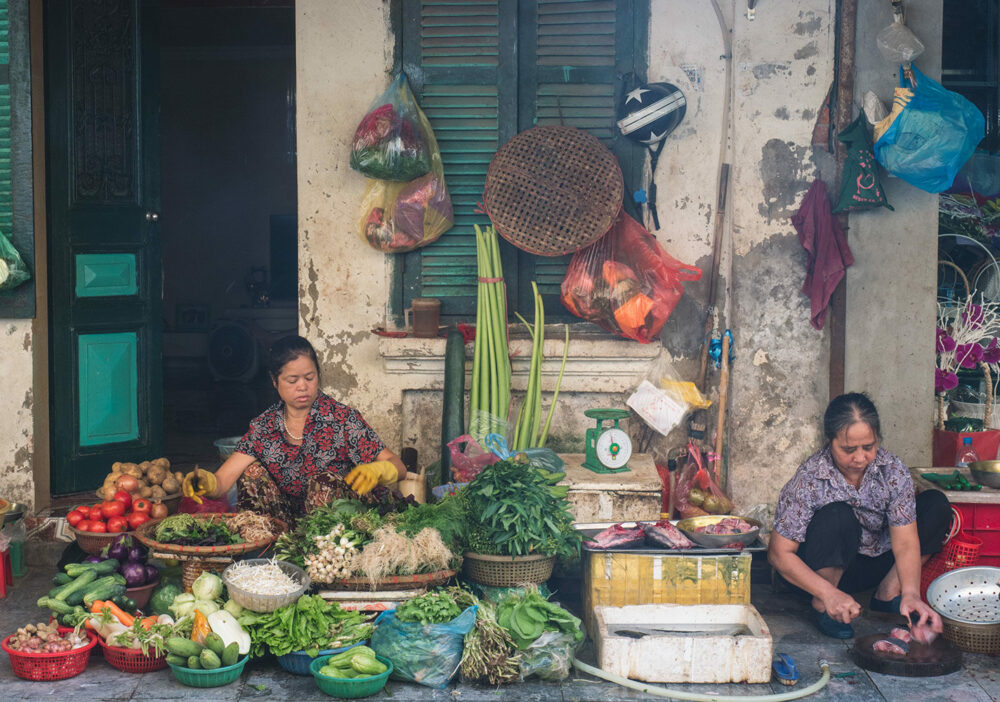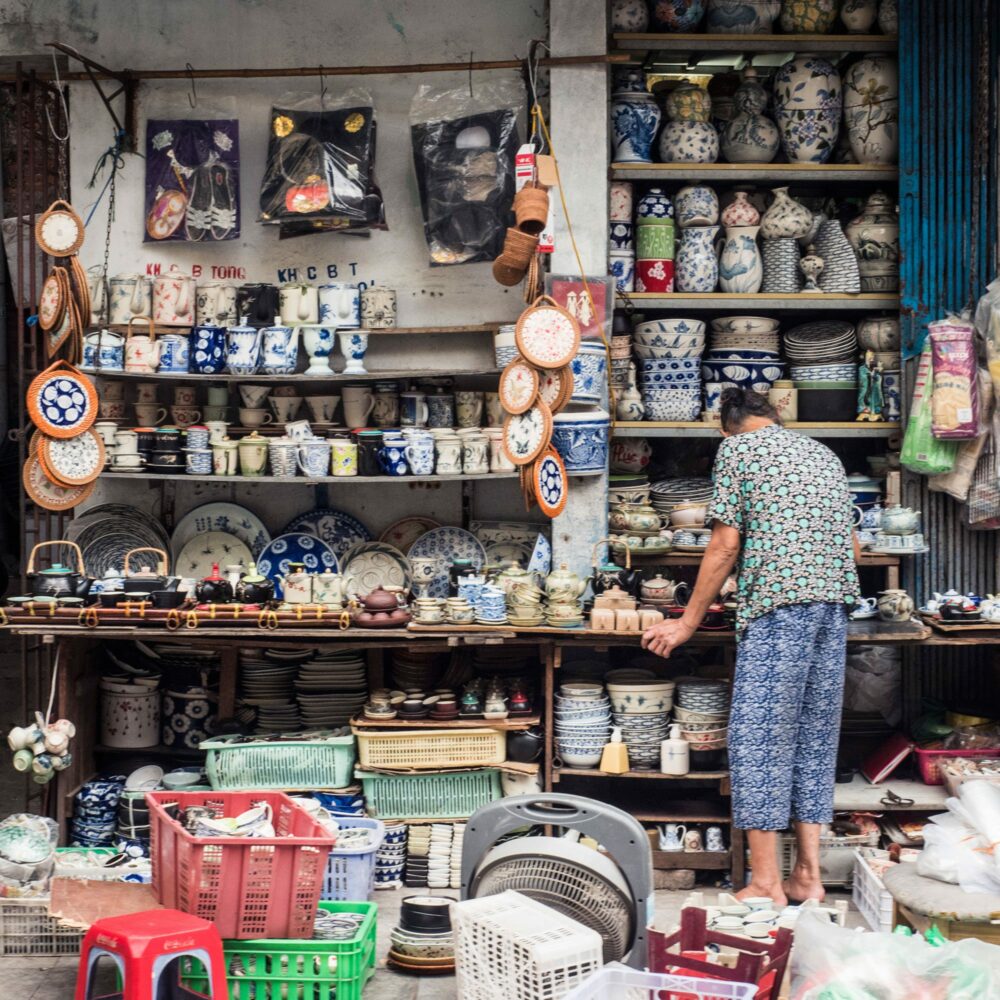So you’re considering a trip to Vietnam? Congratulations, it’s one of our favorite places to visit! This Southeast Asian country is a delight for travelers thanks to affordable prices, genuine and kind people, untouched beaches, scenic mountains and villages, and an open, accepting attitude to foreigners and people from different cultures. Below, you’ll find some basic facts to help you plan your trip.
Population
91,700,000
Capital
Hanoi – pop. 7,588,000
Largest City
Ho Chi Minh City – pop. 8,426,000
Notable Cities
Hai Phuong, Can Tho, Bien Hoa, Da Nang, Nha Trang
Government
Socialist Republic governed by the Communist Party of Vietnam.
Ethnicity
Mostly ethnic Vietnamese. 54 officially recognized ethnic and tribal minorities.
Language
Vietnamese




